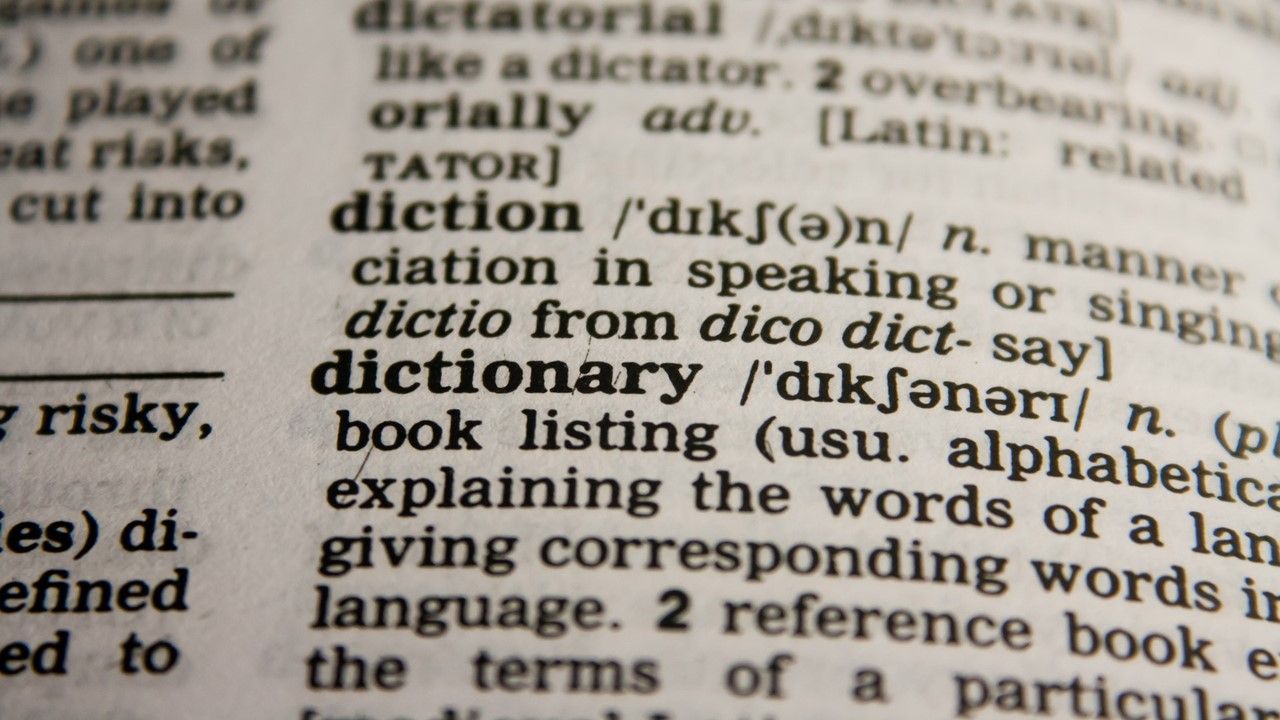Embracing Inclusive Language: debunking common defenses
Aug 07, 2023
This article explores common defenses used when discussing ableist language and highlights the importance of challenging them. It emphasizes that using ableist language perpetuates harm, regardless of intent, and dismisses concerns as oversensitivity. By understanding the impact of language, promoting inclusivity, and adopting alternative words and phrases, we contribute to a more respectful and compassionate society that values and includes individuals with disabilities.
In the realm of language, discussions around ableist terms often bring up interesting responses. Let's delve into some of the common defenses people use and explore why it's crucial to challenge them.
First off, there's the classic defense of "It's just a figure of speech." While certain phrases may be deeply embedded in our everyday language, it's vital to recognize the harm they can cause. By continuing to use ableist language, we perpetuate stigmatization and reinforce negative stereotypes.
Another response we often hear is "I didn't mean it that way." While intentions do matter, it's essential to understand that the impact of language extends beyond our intentions. Regardless of our intent, using ableist language contributes to a culture that marginalizes and devalues disabled people. Being mindful of the language we use and its potential consequences is crucial.
Then there's the argument of "Everyone says it, so it's not a big deal." It's important to remember that widespread usage doesn't justify ableist language. It highlights the need for education and awareness to challenge and change harmful linguistic practices. Just because something is commonly said doesn't make it acceptable or harmless.
And let's not forget the ever-popular response: "You're being too sensitive." Ah, sensitivity! But dismissing concerns about ableist language as oversensitivity overlooks the real harm it can cause. By validating the experiences and perspectives of disabled individuals, we can foster a more inclusive and respectful society.
Now, some might argue that there are more pressing issues to focus on. While it's true that there are numerous challenges in the world, addressing ableist language is part of a broader effort to combat ableism and create a more inclusive society. It's crucial to recognize and challenge all forms of discrimination and marginalization, including the language we use.
Oh, and the "It's just a joke" defense. Humor is wonderful, but it should never come at the expense of marginalized groups. Jokes that rely on ableist language perpetuate harmful stereotypes and contribute to a culture that undermines the dignity and rights of disabled individuals. Let's find the funny without being hurtful.
Sometimes people might say, "I have disabled friends and they don't mind." While experiences and preferences vary, it's essential to listen to a range of perspectives. Centering the voices of those who find ableist language offensive or harmful is crucial in creating an inclusive dialogue.
Others may claim, "I'm not talking about disabled people directly." However, using disability-related terms negatively, even indirectly, contributes to the marginalization and devaluation of disabled individuals. Let's break the cycle and promote inclusivity.
Now, you might encounter the defense of "It's too difficult to change my language habits." Recognizing the need for change is the first step. Challenging ableist language requires a conscious effort to choose alternative words and phrases that promote inclusivity and respect. It may take practice, but with time, adopting new linguistic habits becomes easier.
Lastly, we might hear the argument that "Language evolves, and meanings change." Absolutely true! Language is dynamic, and we should strive for a language that is inclusive and respectful. Acknowledging the harm caused by ableist language provides us with an opportunity to evolve and actively contribute to a more inclusive linguistic landscape.
By respectfully challenging these common responses, we can pave the way for a more inclusive and considerate environment for everyone, including individuals with disabilities. Embracing inclusive language not only reflects our commitment to equality but also enriches our interactions and fosters a more compassionate society. Let's choose our words wisely and build a future where every individual feels valued and included.

